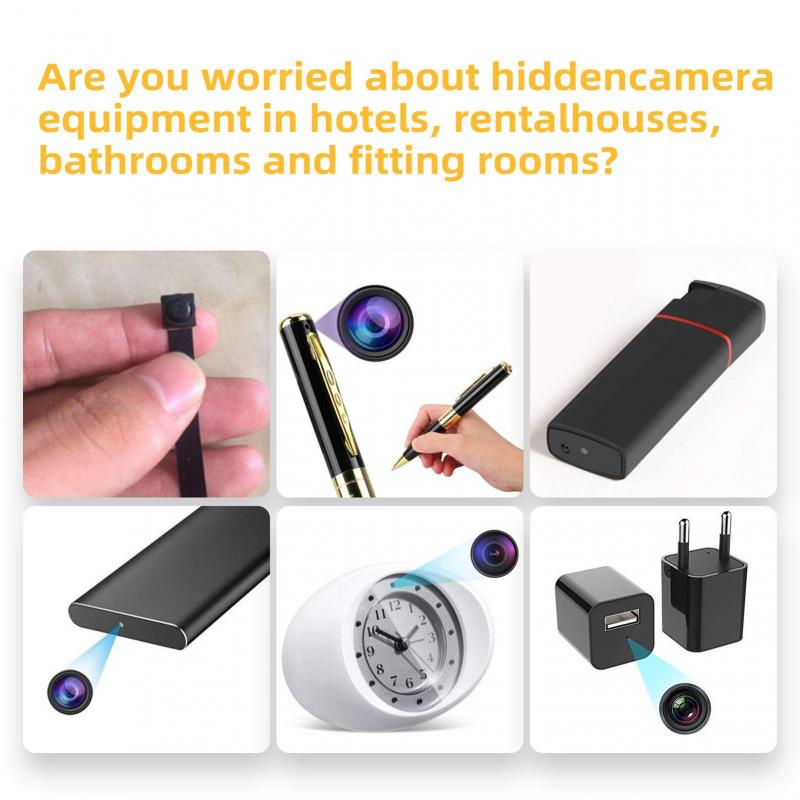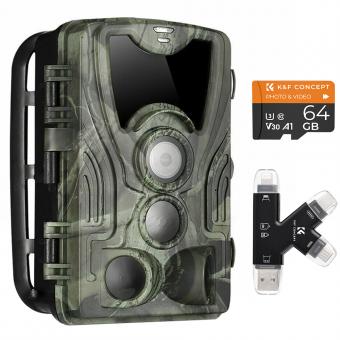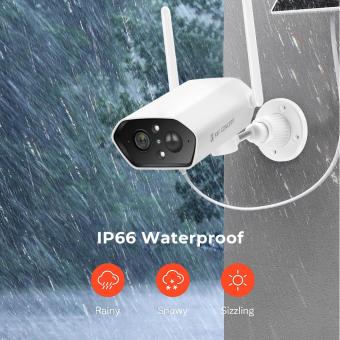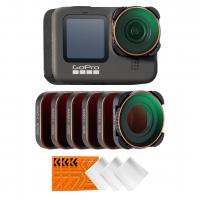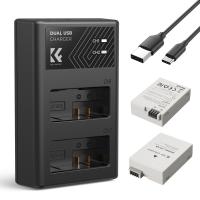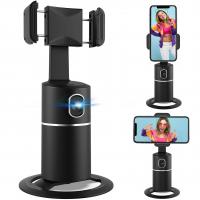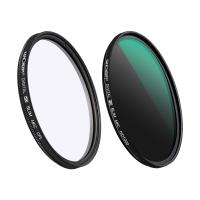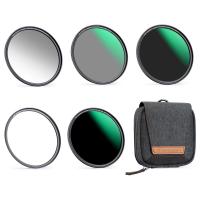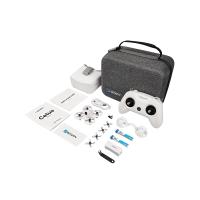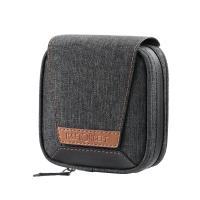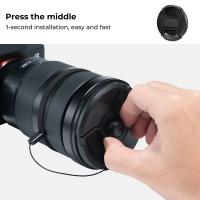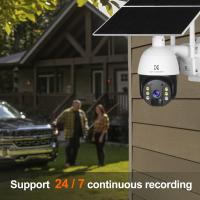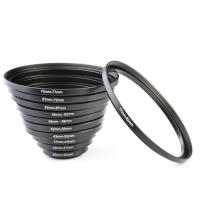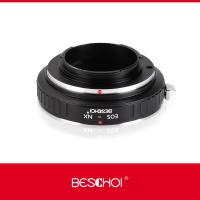Are Wifi Security Cameras Safe ?
WiFi security cameras can be safe if they are properly secured and configured. It is important to choose a reputable brand and model that has built-in security features such as encryption and password protection. Additionally, it is recommended to change the default login credentials and use a strong, unique password. Regularly updating the firmware and keeping the camera software up-to-date can also help to prevent vulnerabilities and potential security breaches. It is also important to secure the WiFi network that the camera is connected to with a strong password and encryption. Overall, with proper precautions and security measures, WiFi security cameras can be a safe and effective way to monitor your home or business.
1、 Encryption and Authentication
Wifi security cameras are generally safe as long as they are properly encrypted and authenticated. Encryption is the process of converting data into a code to prevent unauthorized access, while authentication is the process of verifying the identity of a user or device. These two security measures work together to protect the privacy and security of the data transmitted between the camera and the user's device.
Most modern wifi security cameras use strong encryption protocols such as WPA2 and AES to secure the data transmitted over the network. They also use authentication mechanisms such as passwords, biometric authentication, or two-factor authentication to ensure that only authorized users can access the camera's feed.
However, it is important to note that not all wifi security cameras are created equal. Some cheaper models may use weaker encryption protocols or lack proper authentication mechanisms, making them more vulnerable to hacking and unauthorized access.
In recent years, there have been some concerns about the security of wifi security cameras, particularly those that are connected to the internet. Hackers have been known to exploit vulnerabilities in these cameras to gain access to the user's network or to spy on them. To mitigate these risks, it is important to choose a reputable brand and to keep the camera's firmware up to date with the latest security patches.
Overall, wifi security cameras can be safe and secure as long as they are properly encrypted and authenticated. It is important to do your research and choose a camera that meets your security needs and to take steps to keep it secure.
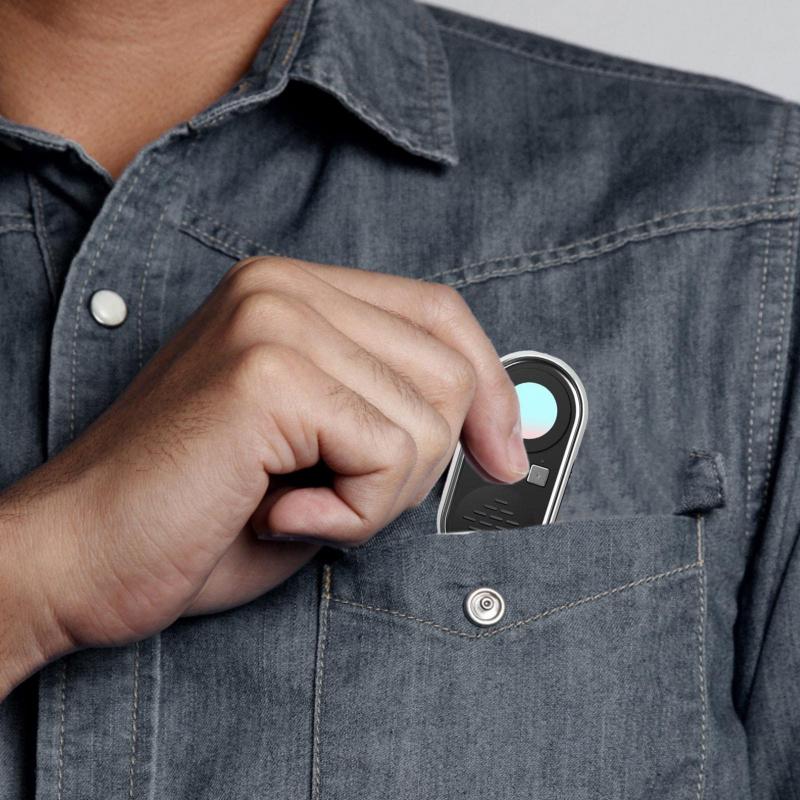
2、 Firmware Updates
Firmware updates are an essential aspect of ensuring the safety and security of your wifi security cameras. These updates are designed to fix any vulnerabilities or bugs that may have been discovered in the camera's software. By regularly updating your camera's firmware, you can ensure that it is protected against the latest threats and that your data is secure.
The latest point of view is that firmware updates are crucial for the security of wifi security cameras. Hackers are constantly looking for ways to exploit vulnerabilities in software, and security cameras are no exception. By keeping your camera's firmware up to date, you can ensure that it is protected against the latest threats.
It is important to note that firmware updates are not a one-time fix. Manufacturers release updates regularly, and it is essential to install them as soon as they become available. Failure to do so could leave your camera vulnerable to attack.
In conclusion, firmware updates are a critical aspect of ensuring the safety and security of your wifi security cameras. By regularly updating your camera's firmware, you can protect against the latest threats and ensure that your data is secure.

3、 Network Segmentation
Network segmentation is a security measure that involves dividing a network into smaller subnetworks or segments. Each segment is isolated from the others, and access to resources is restricted based on the user's role and permissions. This approach helps to limit the spread of malware and other cyber threats, as well as to prevent unauthorized access to sensitive data.
By segmenting a network, security cameras can be placed on a separate network segment, which can be isolated from the rest of the network. This means that even if a hacker gains access to the camera, they will not be able to access other parts of the network. Additionally, network segmentation can help to prevent unauthorized access to the camera itself, as access can be restricted to only authorized users.
Are WiFi Security Cameras Safe?
WiFi security cameras are generally safe, but there are some risks associated with their use. One of the main risks is that they can be hacked if they are not properly secured. This can lead to unauthorized access to the camera, as well as to the network it is connected to. However, by implementing network segmentation, the risks associated with WiFi security cameras can be minimized.
It is important to note that the security of WiFi security cameras depends on the manufacturer and the specific model. Some manufacturers may not implement proper security measures, which can leave the camera vulnerable to hacking. Therefore, it is important to choose a reputable manufacturer and to ensure that the camera is properly secured before use.
In conclusion, network segmentation is an effective security measure that can help to minimize the risks associated with WiFi security cameras. By isolating the camera on a separate network segment, the risks of unauthorized access and malware infection can be greatly reduced. However, it is important to choose a reputable manufacturer and to properly secure the camera before use.
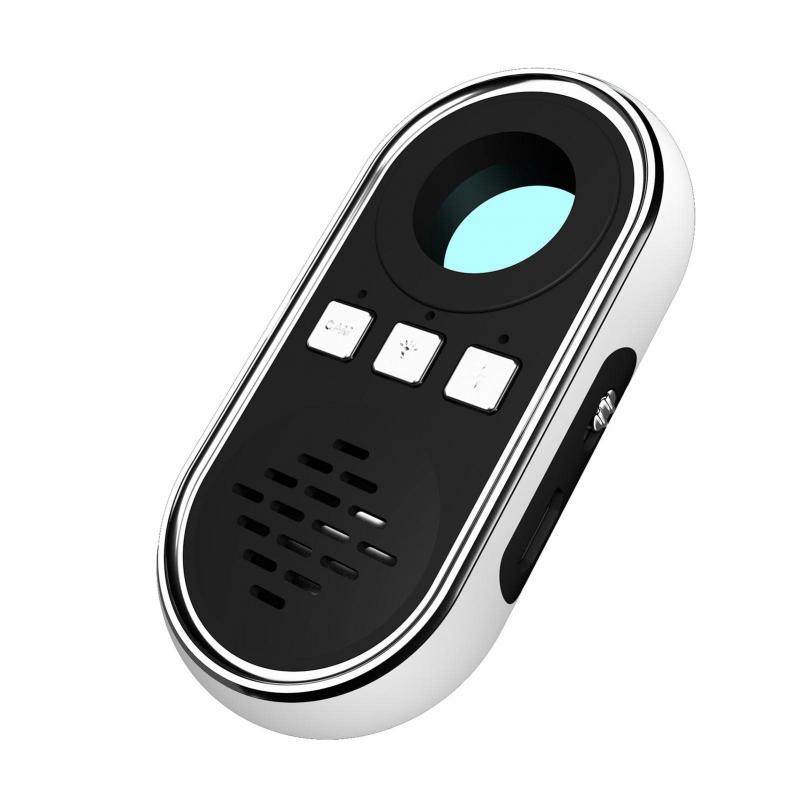
4、 Physical Security
Are wifi security cameras safe?
The answer to this question is not a straightforward yes or no. Wifi security cameras can be safe if they are properly installed and secured. However, there are also potential risks associated with using wifi security cameras.
One of the main concerns with wifi security cameras is the risk of hacking. If the camera is not properly secured, hackers can gain access to the camera's feed and potentially view private information or use the camera for malicious purposes. To prevent this, it is important to use strong passwords and enable two-factor authentication on the camera's account.
Another concern is the potential for data breaches. If the camera's manufacturer experiences a data breach, the camera's footage and personal information could be compromised. It is important to research the manufacturer's security practices and choose a reputable brand.
On the other hand, physical security measures such as locks, alarms, and security guards can also be effective in protecting a property. While wifi security cameras can provide additional surveillance, they should not be relied upon as the sole means of security.
In conclusion, wifi security cameras can be safe if proper security measures are taken. However, it is important to weigh the potential risks and benefits and consider additional physical security measures as well. As technology continues to evolve, it is important to stay informed and adapt security practices accordingly.
